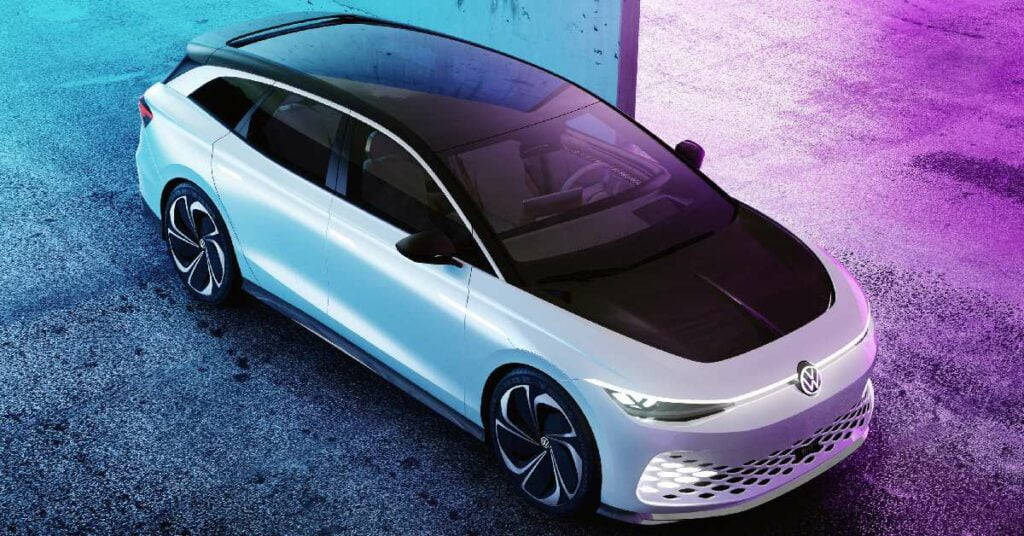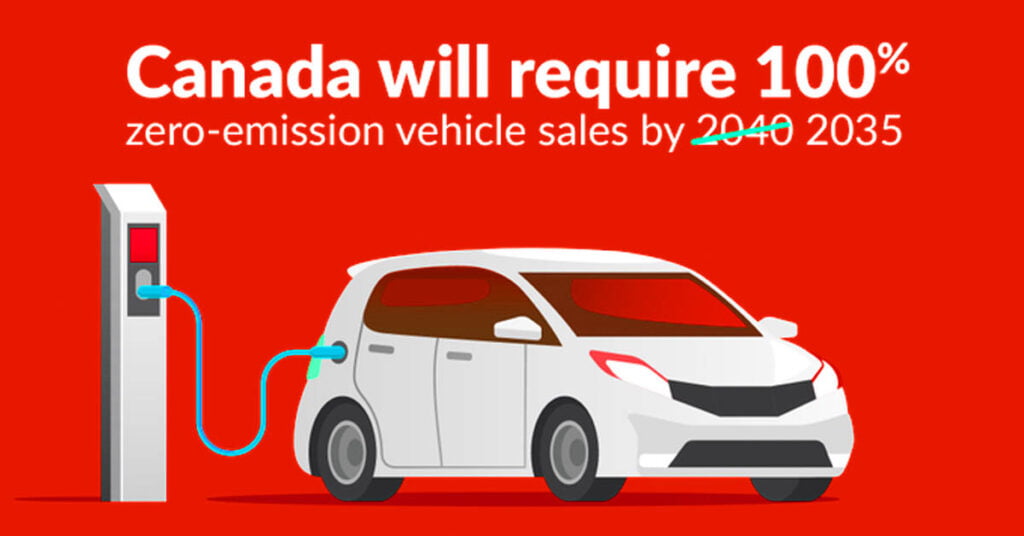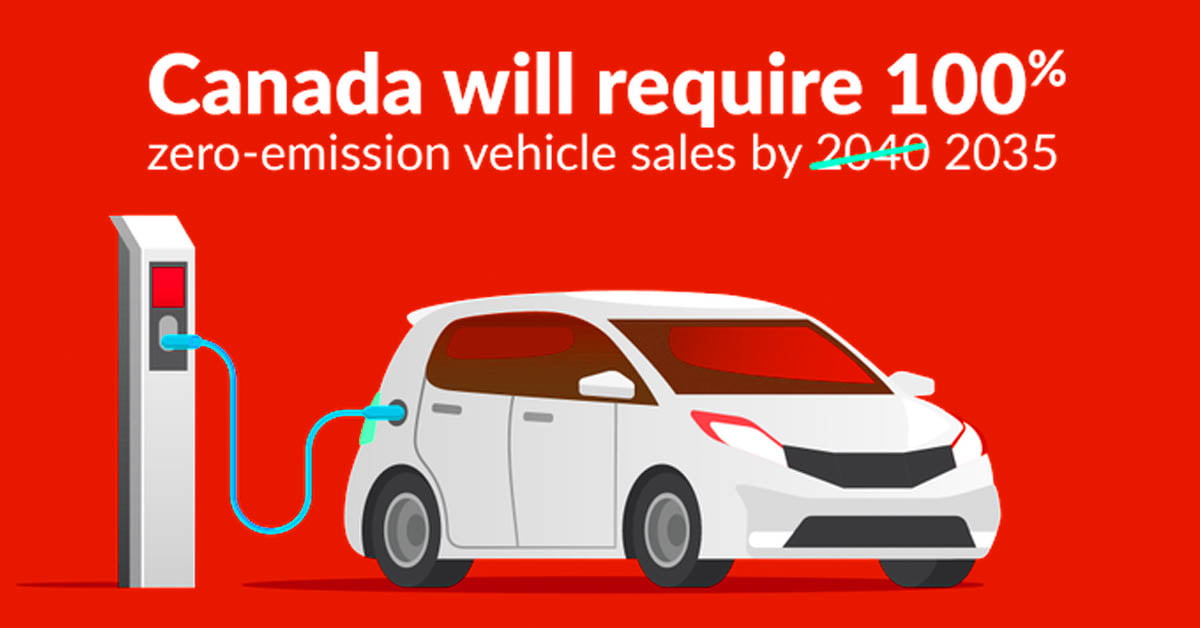- Canada, just like many other countries, is working toward establishing a method to transition to EVs.
- The latest bill proposes that petrol and diesel vehicles will be banned beyond 2035.
- The plan also suggests 20% of new cars SUVs and pickups by 2026 and 60% by 2030 will be zero-emission vehicles (ZEVs).
Canada is in the process of banning petrol and diesel vehicles by 2035. There are many countries around the globe that are trying to set up proper methods and policies to make a smooth transition from ICE-powered cars to EVs. Therefore, each country is setting its own regulations to achieve the target of mass adoption of EVs. But there are counter-arguments from industry experts as well which are also somewhat similar in most countries. Let us take a look at these in depth here.
You may also like: Toyota Corolla Beats Honda Civic to Become Best Selling Car in Canada for First Time in 24 Years!
You may also like: Lightyear 0 Becomes First Solar Car to go into Production

You may also like: Tesla Destination Charging Network – Things No One Told You About!
Canada Banning Petrol and Diesel Cars by 2035
The Canadian government released the proposed regulations mandating all new private light vehicles sold in the country by 2023 be ZEVs (Zero Emission Vehicles). The overall breakup of this will be something along the lines of at least 20% new cars, SUVs and pickups sold in Canada by 2026 and at least 60% by 2030 should be ZEVs. This excludes the vehicles that will be exported to the US and other countries provide the carmakers are able to prove that these can’t be re-exported back to Canada.
You may also like: Transport Minister of Italy Asks EU to Stop ICE Vehicle Ban
On one side of the argument, one could understand the need to shift to environment-friendly ways to power vehicles. Each country is trying to reduce its carbon footprint by using renewable sources of energy for carrying out regular operations that include mobility as well. Almost all the carmakers have already laid out plans to electrify their entire portfolios soon. Hence, one could see the change coming and it can be said that the transition seems inevitable.
You may also like: Do You Know the Truth Behind the Rumoured Ban on EVs in Switzerland?

However, on the other side of the equation are the experts who are concerned regarding the costs related to it and the lack of charging infrastructure for EVs. While the process is going on rapidly, it will still take a lot of time, energy and resources to develop EV charging infrastructure that could be as abundantly available as gas stations. On top of that, the costs of EVs are still high and are considered a luxury for most Canadians. The government will need to step in to increase incentives for buying electric cars. The current CAD$2,500 to CAD$5,000 subsidies are just not enough. Let us see how things pan out with regard to this.


